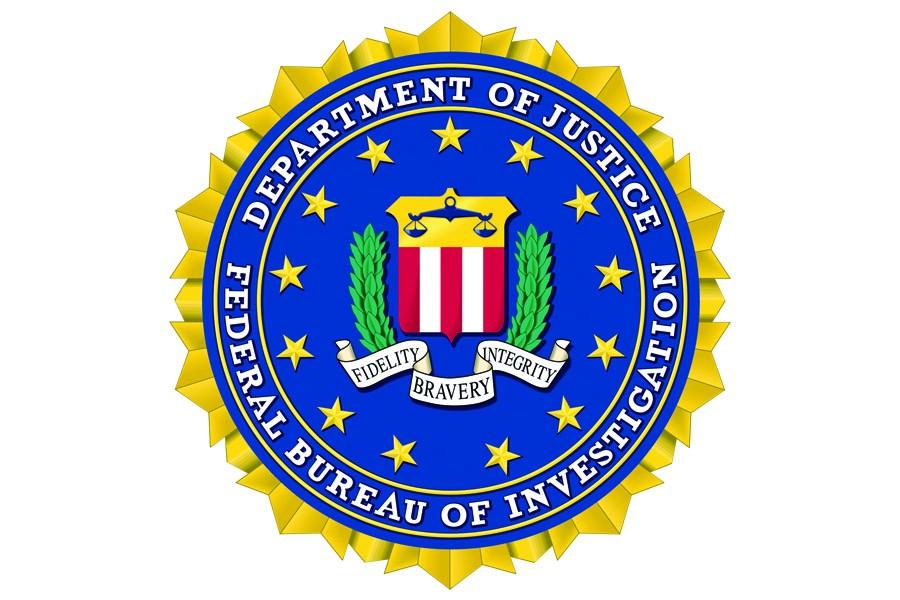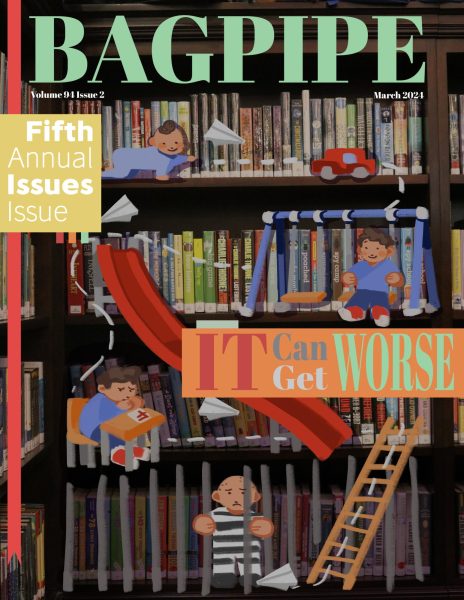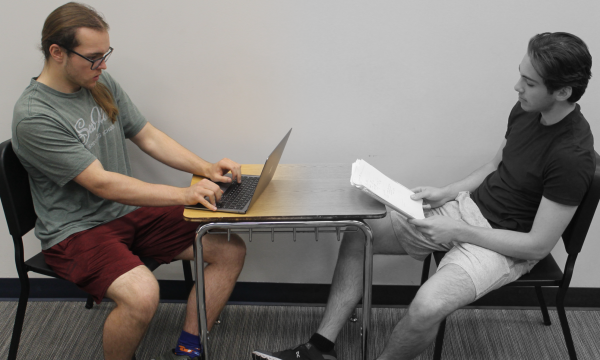FBI and Apple at odds over terrorist’s iPhone
Getting access to data on electronic devices can prove to be quite the difficult feat to accomplish, especially for law enforcement agents. The current easiest and simplest way to hide data from others is actually in plain sight with a method known as encryption. Through the encryption process, stored data becomes an incoherent jumble to both man and machine. However, with the right key, this data then becomes accessible. In the past few days, a large debate has been unfolding between tech-giant Apple and law-enforcement giant the FBI.
After the San Bernardino shootings in December, the FBI acquired an iPhone of one of the shooters. Even with the phone in their possession, they are unable to access the encrypted data on the phone due to nobody knowing the user’s passcode, which essentially is the key to unlock the encrypted data. The FBI cannot attempt to access this data through what is known as ‘brute force,’ attempting to guess the passcode at random until one eventually works, without the iPhone recognizing this and self-destructing the encrypted data. Because of this, at the request of the FBI, a federal judge has ordered Apple to assist the FBI by creating a special version of the phone’s operating system that would disable the self-destruction of data that normally would occur after too many failed attempts at guessing the passcode.
Apple, especially CEO Tim Cook, and many others, including the CEO of Google, take the stance that under no circumstances should such a “backdoor” be created. They argue this special operating system could potentially fall into the wrong hands, leaving quite literally every person’s iPhone vulnerable to a data breach. Further provoking Apple was the FBI’s call for the Court to use the All Writs Act of 1789 allowing federal courts to issue “all writs necessary or appropriate in aid of their respective jurisdictions and agreeable to the usages and principles of law.” This law is a sort of generic tool and obviously not specific to technological issues in the case at hand. Apple’s Cook has said the government should “form a commission or other panel of experts on intelligence, technology, and civil liberties, to discuss the implications for law enforcement, national security, privacy, and personal freedom.”
However, there are a few points to make in favor of allowing the FBI to do as they wish. As Bill Gates noted, the FBI are making very clear that this is a one-time operation. The FBI have not insinuated that they intend to keep the “backdoor” software and use it in future cases as they please. Additionally, information found on the shooter’s phone may provide insight into the planning behind the attack and allow for better terrorism-prevention methods to be implemented in the future.
Regardless of how this situation plays out, it is a reminder that privacy of data is often in the hands of technology suppliers, and the development of the law often trails the development of technology.













